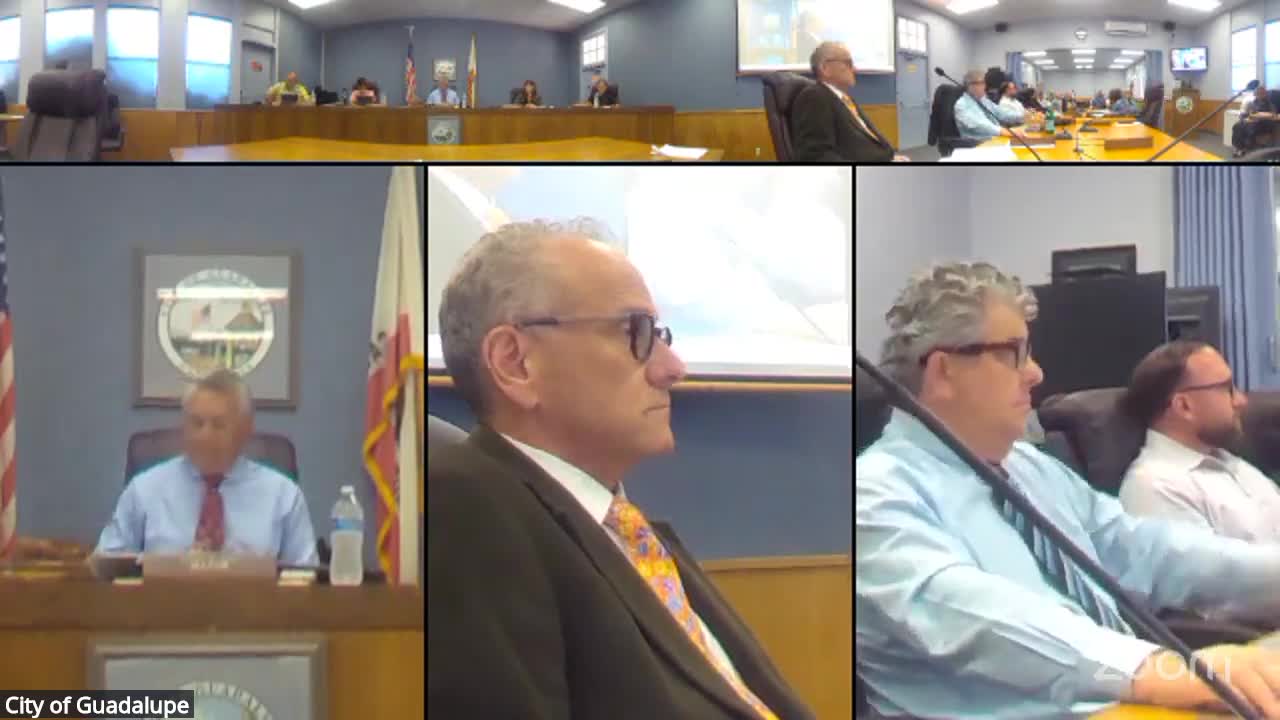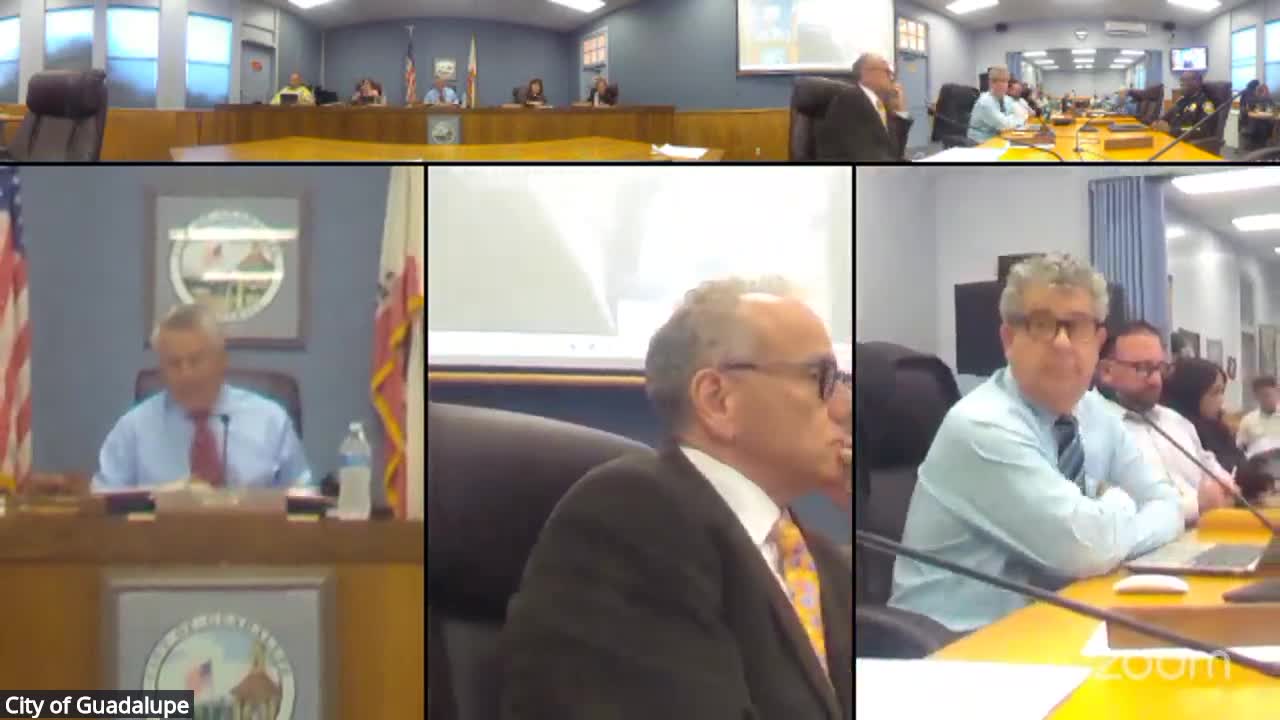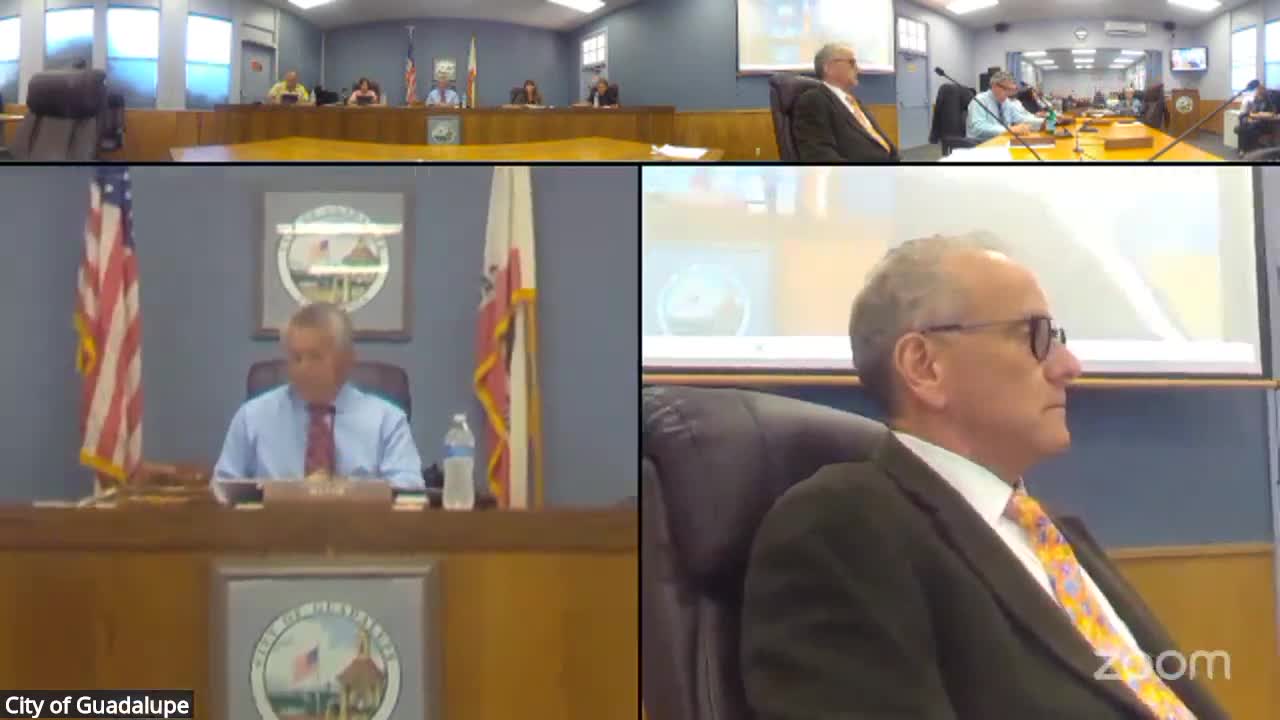Article not found
This article is no longer available. But don't worry—we've gathered other articles that discuss the same topic.

Residents say bolted speed bumps in Pasadero harm vehicles and delay emergency response; officials plan community meeting

Guadalupe council dissolves capital campaign committee, creates Royal Theater oversight committee

